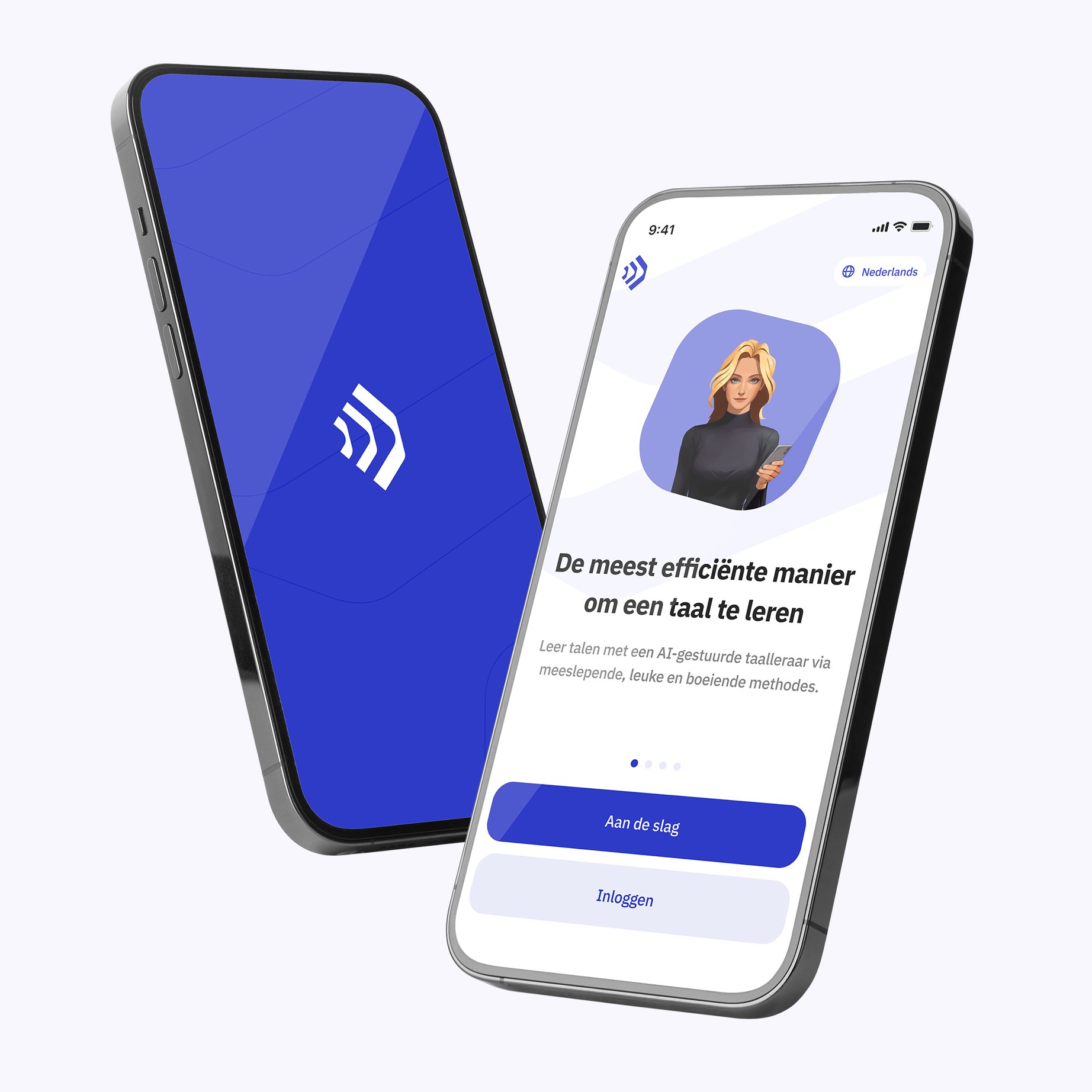Voor Nederlandssprekende studenten die Engels leren, is het beheersen van bezittelijke zelfstandige naamwoorden een essentiële vaardigheid. Deze oefening focust op het invullen van de juiste bezittelijke vorm in zinnen. Door deze oefeningen te maken, kun je jouw begrip van bezittelijke zelfstandige naamwoorden in het Engels verbeteren en zal je in staat zijn om zowel schriftelijk als mondeling duidelijker te communiceren.
Oefening 1: Enkelvoudige Bezittelijke Zelfstandige Naamwoorden
The book belonging to the man is on the table. (The *man’s* book is on the table.) [man’s]
It is *Sarah’s* birthday tomorrow. [Sarah’s]
The name of the cat is Fluffy. (Fluffy is the *cat’s* name.) [cat’s]
The toys belonging to the child are scattered all over the floor. (The *child’s* toys are scattered all over the floor.) [child’s]
Have you seen the car belonging to my brother? (Have you seen my *brother’s* car?) [brother’s]
The picture drawn by the artist was beautiful. (The *artist’s* picture was beautiful.) [artist’s]
I will stand by my friend’s decision. (I will stand by my *friend’s* decision.) [friend’s]
The phone of Lisa is brand new. (Lisa’s phone is brand new.) [Lisa’s]
This is the desk of the teacher. (This is the *teacher’s* desk.) [teacher’s]
The hairstyle of Thomas looks cool. (Thomas’s hairstyle looks cool.) [Thomas’s]
Those are the glasses of my grandfather. (Those are my *grandfather’s* glasses.) [grandfather’s]
The opinion of the jury is final. (The *jury’s* opinion is final.) [jury’s]
The report card of the student showed excellent grades. (The *student’s* report card showed excellent grades.) [student’s]
Can you hear the bird’s song? (Can you hear the *bird’s* song?) [bird’s]
These are the shoes of Jennifer. (These are *Jennifer’s* shoes.) [Jennifer’s]
Oefening 2: Meervoudige Bezittelijke Zelfstandige Naamwoorden
The lockers of the students are in the hallway. (The *students’* lockers are in the hallway.) [students’]
The children’s room is messy. It is the *children’s* room.) [children’s]
These are the dresses of the women. (These are the *women’s* dresses.) [women’s]
The scores of the players were posted on the board. (The *players’* scores were posted on the board.) [players’]
The new law benefits the workers of the factory. (The new law benefits the *workers’* of the factory.) [workers’]
The victory belongs to the champions. (The victory belongs to the *champions’*) [champions’]
The voices of the singers filled the hall. (The *singers’* voices filled the hall.) [singers’]
The decision of the judges is controversial. (The *judges’* decision is controversial.) [judges’]
Many of the parents’ suggestions were implemented by the school. (Many of the *parents’* suggestions were implemented by the school.) [parents’]
The projects of the students were innovative. (The *students’* projects were innovative.) [students’]
The meals of the cooks are delicious. (The *cooks’* meals are delicious.) [cooks’]
The feedback of the customers is valuable. (The *customers’* feedback is valuable.) [customers’]
The boats of the fishermen are docked at the pier. (The *fishermen’s* boats are docked at the pier.) [fishermen’s]
The part of the actors in the play was crucial. (The *actors’* part in the play was crucial.) [actors’]
The testimonies of the witnesses will be heard today. (The *witnesses’* testimonies will be heard today.) [witnesses’]










